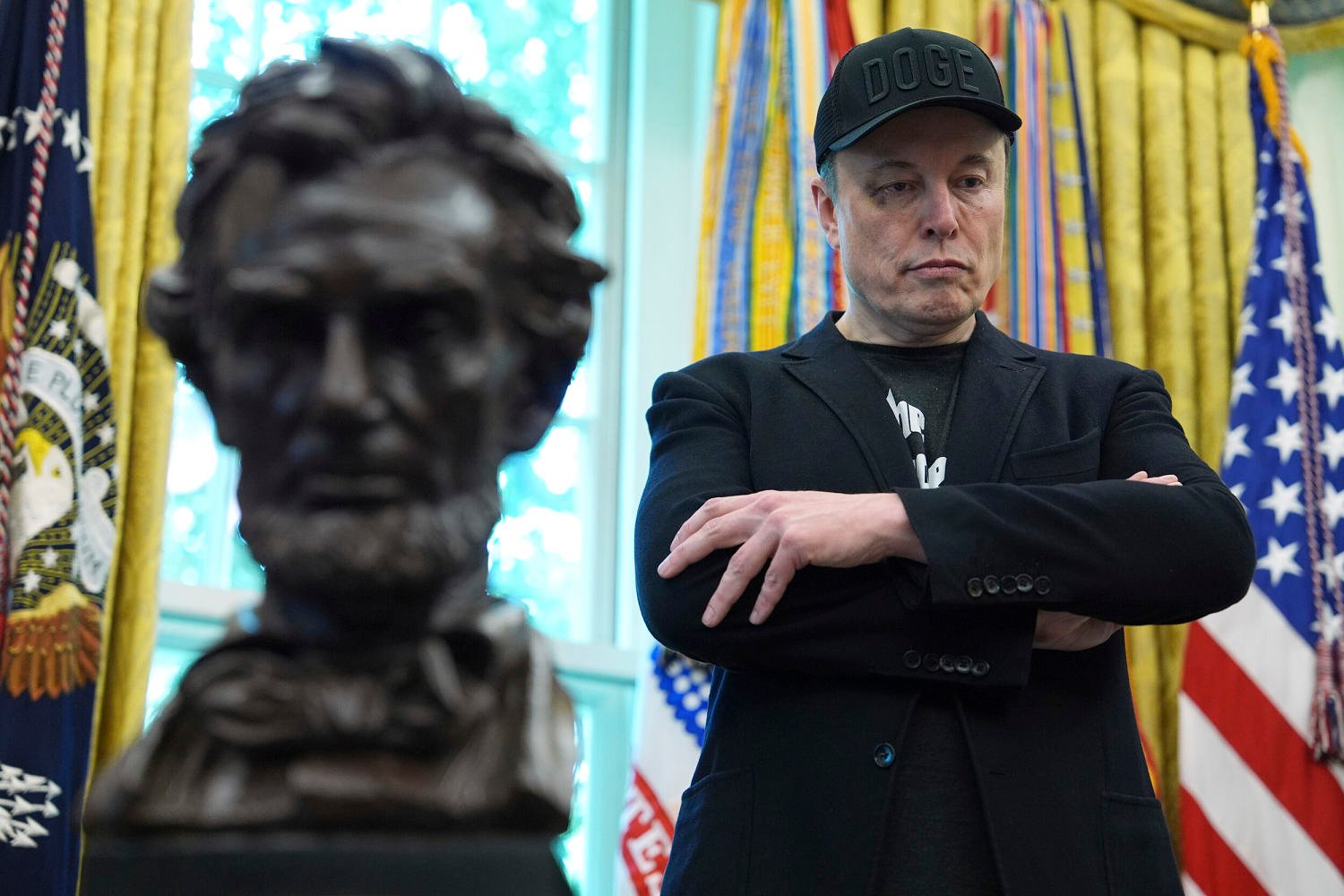Contents
Elon Musk’s Ambition to Launch a New Political Party
Elon Musk has officially announced his intention to launch a new political party, an endeavor that is bold in tone but lacks substantial detail. The idea of forming a political party is not something new in the United States, but it’s also not something that comes easily. In fact, the American political system was never designed to support third-party efforts.
The Origins of the Two-Party System
The Founding Fathers were wary of political parties, viewing them as “factions” that could destabilize the government. George Washington and Alexander Hamilton both expressed concerns about their potential to divide the nation. However, the emergence of Thomas Jefferson and John Adams, who aligned their interests with electoral ambitions, set the stage for the two-party system that still dominates today. Since the 1800 election between John Adams and Thomas Jefferson, the U.S. has remained entrenched in this system, with neither the Democratic nor Republican parties showing any interest in making room for viable alternatives.
The Challenges of Starting a Political Party
Starting a political party in America is far more than just a branding exercise. It involves navigating a complex web of state and territorial laws, each with its own requirements for ballot access, signature gathering, and registration deadlines. For someone like Musk, this would mean creating 55 separate entities—each with its own legal and logistical challenges.
The financial burden is also immense. Experts estimate that launching a functional political party capable of competing at local and national levels would require at least $750 million. This amount is more than double what Musk spent helping to elect Donald Trump in 2024. Even this sum would only cover the basics: ballot access, staffing, and organization. It doesn’t account for the real work of building a brand, developing a platform, and attracting supporters.
Building a Political Identity
A successful political party needs more than money—it needs identity. When I took over as chairman of the Republican Party in 2009, we faced a crisis. The party had been weakened by recent elections, and there was a lack of donor support and grassroots engagement. Rebuilding required focusing on core values and rebuilding the infrastructure from the ground up.
Musk, on the other hand, would be starting from scratch. His personal reputation has taken a hit after controversial actions, including cutting federal agencies that play key roles in public health, food assistance, and education. He also lacks the established network of leaders and volunteers that traditional parties rely on. Without a clear agenda, a strong policy platform, and dedicated candidates, it’s hard to see how he could build anything lasting.
The Risks and Realities
Musk is known for his high-profile missteps, from chaotic firings at Twitter to faulty products like Cybertrucks with falling windshield trim and rockets that explode during launches. He’s also faced regulatory scrutiny, including fines from the Securities and Exchange Commission, and even turned his AI chatbot into a tool that praised Hitler. These incidents raise serious questions about his ability to lead a political movement.
While I’m not a partisan, I believe that a viable third party could challenge the dominance of the two major parties. However, this would require structural changes such as ranked-choice voting or a national popular vote. It would also demand a grassroots effort that goes beyond the influence of wealth.
A Party of One?
Musk’s attempt may say more about his frustrations with the current political landscape than about the potential for change. In a country where third-party efforts have struggled, his initiative might reflect personal grievances rather than a genuine movement. The real path to reform lies in collective action, not the checkbook of a single individual.
For those interested in deeper discussions on politics, there are opportunities to engage through platforms like “The Weeknight,” which features insights from experts like Michael Steele, Alicia Menendez, and Symone Sanders-Townsend.




